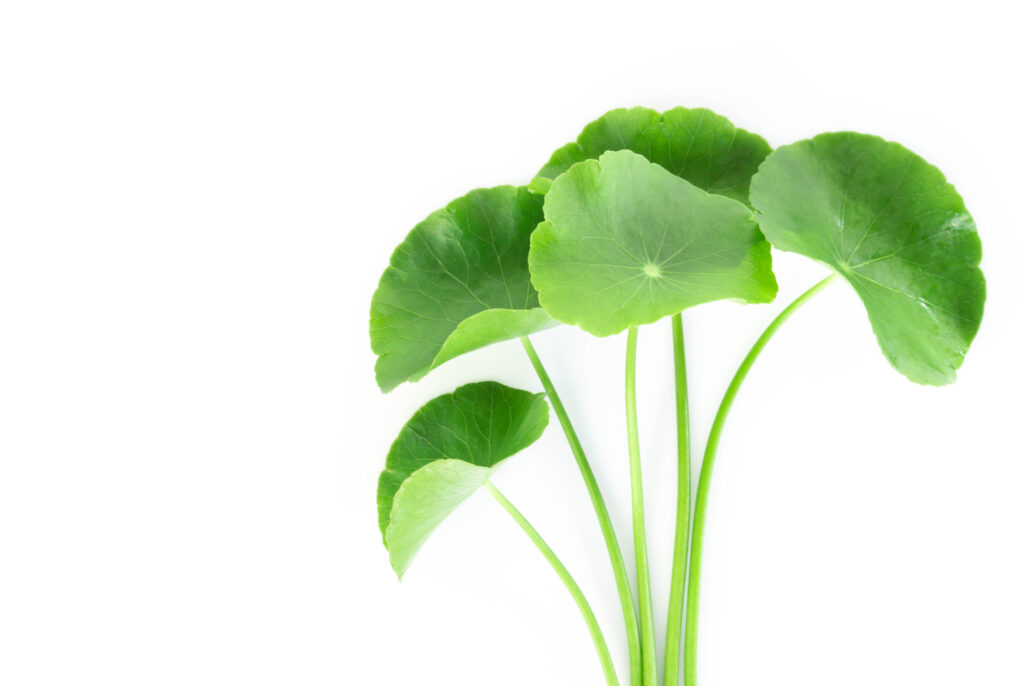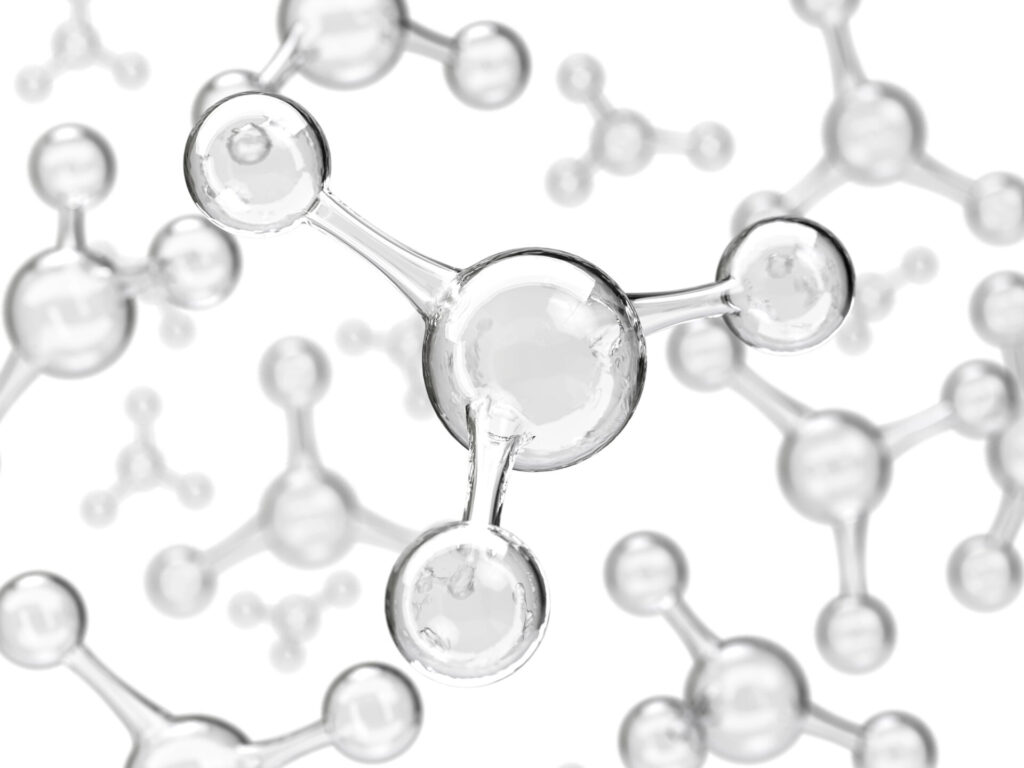The ancient Indian healing system known as Ayurveda has been used for thousands of years to treat a wide variety of ailments. It relies on a holistic approach to health that incorporates diet, exercise, and lifestyle elements along with medicinal herbs and other natural remedies. Much of Ayurvedic healing is based on the idea that illness is caused by imbalances in the body, with treatments designed to restore that balance. To that end, Ayurveda makes great use of adaptogens, herbs that help the body deal with the effects of physical and psychological stress.
While Western medicine has been slow to accept Ayurvedic practices, some research has shown benefits from these ancient treatments. Recently, a pair of linked studies published in the journal Nutrients showed evidence that two Ayurvedic herbs—ashwagandha (Withania somnifera) and Indian pennywort (Centella asiatica)—may help treat symptoms of chronic stress.
The Study
It’s no secret that exposure to chronic stress can result in an intense lack of motivation. And this is true even in fruit flies (Drosophila melanogaster). “Chronic stress can induce depression-like states also in the fruit fly, and these become apparent in changes to their behavior,” explained Roland Strauss, PhD, of Johannes Gutenberg University Mainz (JGU) in Germany, one of the studies’ authors. Strauss and his team have observed that, when chronically stressed, fruit flies show less courtship behavior, are less interested in stopping to ingest sweet nutrients, and are less willing to climb a gap in their experimental setup.
Strauss’s team focuses on testing extracts of botanicals and natural substances used in traditional Asian medicine that are also marketed as dietary supplements. In their most recent studies, they partnered with the BENFRA Botanical Dietary Supplements Research Center in Portland, Oregon to test the effects of ashwagandha and Indian pennywort when administered prophylactically on the flies. They found that both herbs enhanced resilience to chronic stress so that the treated flies did not develop symptoms after being stressed.
Additionally, the team made interesting discoveries about each of the plants. “In the case of Withania somnifera,” said Burkhard Poeck, PhD, another of the studies’ authors, “we found that the way of preparing the root makes a difference—as aqueous extracts provided better prophylactic effects than extracts in alcohol.” This surprising result indicates how important it is to pay attention to the production methods used for dietary supplements, the researchers said.
In the case of Centella asiatica, the scientists were able to identify a specific anti-stress component, chlorogenic acid. This substance can be found in many botanicals, including medicinal herbs used traditionally to combat stress, such as valerian (Valeriana officinalis) and St. John’s wort (Hypericum perforatum).
“In this case, we were [also] able to pinpoint a relevant target protein for chlorogenic acid in Drosophila, the protein phosphatase calcineurin,” said Strauss. In humans, calcineurin is present in many body organs, with exceptionally high concentrations in the nervous system. Strauss noted that this analysis should provide a starting point for more research.
Conclusions
While many more studies need to be performed before either of these treatments can be recommended in humans, the researchers stress that such natural approaches to stress relief would have numerous benefits.
“An advantage over conventional drugs could be that medicinal plants contain blends of various active botanical substances that act on different sites of the stress axis,” said Helen Holvoet, a doctoral candidate on Strauss’s team and lead author of the two papers. “Because they have a synergistic effect on counteracting stress, they may cause fewer undesirable effects than if the substances themselves were administered alone in pure form.”






